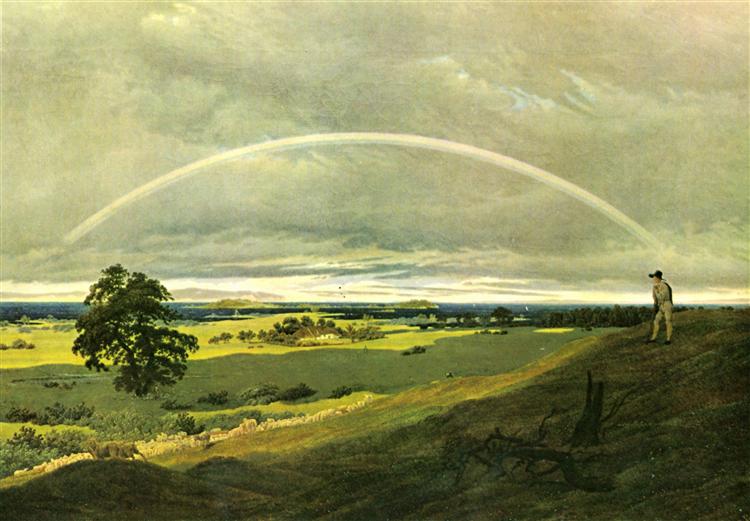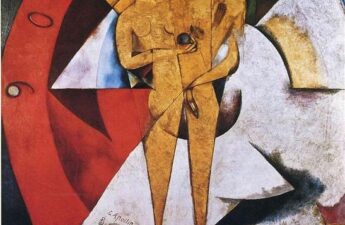“A change of character, not a change of air, is what you need.”
Seneca, 65 AD (pub), Letters from a Stoic, Letter XXVIII
The joy of escaping. To escape a time, a feeling, a state; to finally break from the perpetual mist of desolation.
See the light inch through the darkness. Run, and gleefully watch over our shoulder as the clouds fade into the distance. Looking forward, a bright horizon lies in expectation of our arrival. So, we run and run and finally we land in this new place- a new time, a new feeling, a new state.
The sunshine is bright, the water clear, and the air healing. We fill our lungs on it. Some time passes and one day, as we bask in the unfamiliar, we notice something in the distance. Raising our hand, we shield our eyes from the sunlight and focus on the horizon. Dark, heavy clouds are coming right towards us. As we watch them, they begin to move more rapidly. Gathering ourselves as quickly as we can, we make for the road again, putting some more temporary space between us and a time, a feeling, a state.
“How can you wonder your travels do you no good, when you carry yourself around with you? You are saddled with the very thing that drove you away.”
Seneca, (Quoting Socrates), 65 AD, Letter XXVIII

It’s commonly advised that a ‘change of scenery’ could be the solution to our angst, anguish, and humdrum lives.
In a letter addressed to Lucilius, Seneca warned against this attitude. He stated that using travel as a means of escape is a fool’s errand. We naively believe that a change of environment will ease distress which stems from within us. But it is part of us, and goes wherever we go. What we may experience is a short period of alleviation provided by the distraction of new surroundings. Our mind if temporarily busied and our distress quietened. However as soon as the new becomes the mundane, the distraction is lifted and all those old feelings and thoughts come flooding back.
“As it is, instead of travelling you are rambling and drifting, exchanging one place for another when the thing you are looking for, the good life, is available everywhere.”
Seneca, 65 AD, Letter XXVIII
We travel to escape and to seek some peace and happiness.
True contentment is what we are all searching for. This is what Seneca referred to as ‘the good life’. Seneca believed however, that achieving this is an inside job and so, our surroundings are irrelevant to its attainment. Think of our body and mind as a vessel; within that we create an environment in which we thrive and can live happily. With this security, we can experience happiness anywhere in the world. In the same sense, if we are not happy in this vessel, it does not matter where we go-we will never be satisfied.
“…whatever your destination you will be followed by your failings.”
Seneca, 65 AD, Letter XXVIII
Travel, Seneca says, can be a wonderful experience when we are happy within ourselves.
He remains staunch in his opinion though that really, we should be as happy in one place as any other. When we are unhappy, we need to look inward, not take off in search of novelty. To create within ourselves a time, a feeling and a state that is unwavering and independent. We can do that now, wherever we stand.
“Where you arrive does not matter so much as what sort of person you are when you arrive there.”
Seneca, 65 AD, Letter XXVIII




